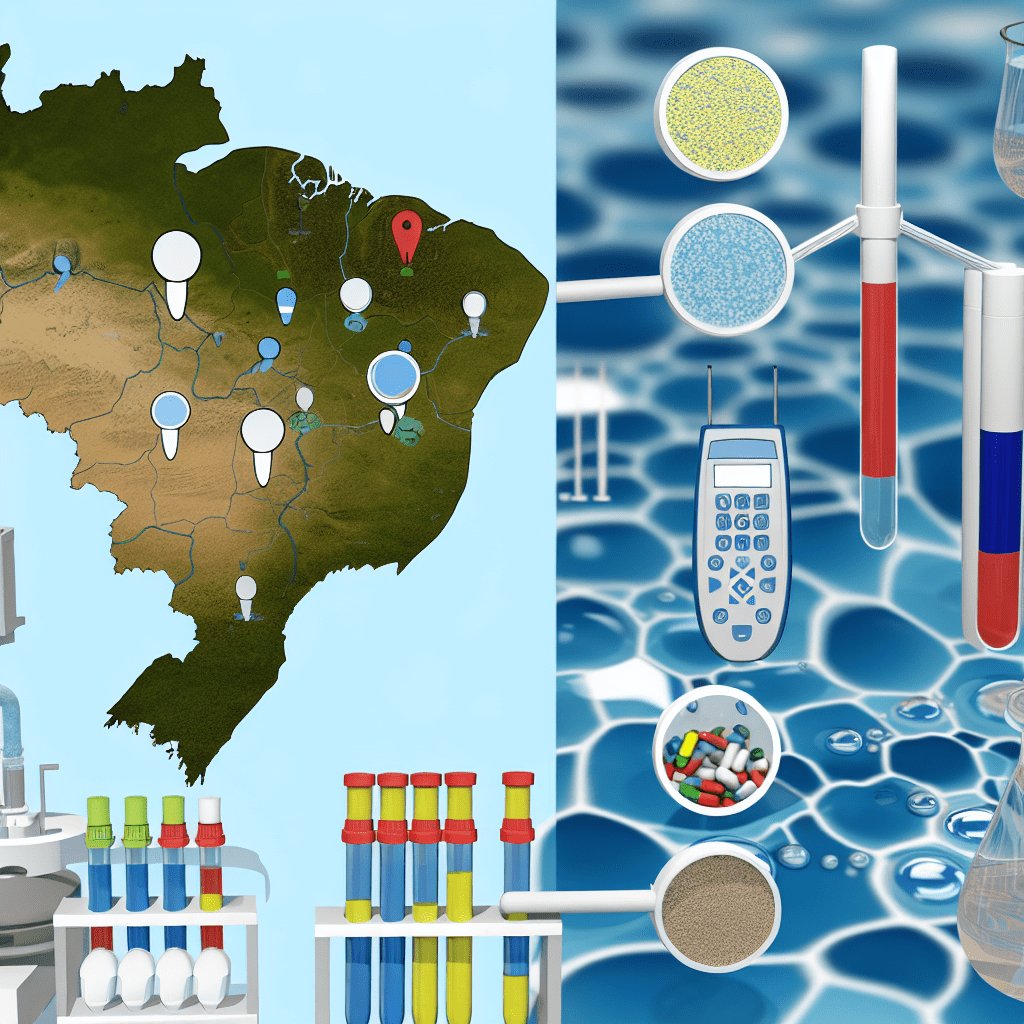”
Water, one of the planet’s most crucial resources, is often at the heart of economic, environmental, and social issues. When it comes to Brazil, the topic of water quality becomes even more complex due to the country’s vast size and diverse geographical features. This article will explore the major water quality issues in Brazil, their root causes, consequences, and the ongoing efforts to address them.
Brazil is home to 12% of the world’s fresh water, and yet an estimated 35 million Brazilians lack access to a reliable source of clean water. The major issues affecting Brazil’s water quality include pollution, deforestation, and lack of proper sanitation infrastructure.
The pollution of water bodies, primarily from agricultural runoff and untreated sewage, is a widespread issue in Brazil. This pollution leads not only to a scarcity of clean drinking water but also contributes to infectious diseases and a loss of biodiversity.
Government efforts to combat water quality problems in Brazil include the new “Novo Marco Legal do Saneamento Básico” law, which aims to ensure universal access to drinking water and sewage treatment by 2033.
Despite these efforts, there are wide gaps to be bridged in this journey toward improved water quality. Effective enforcement of environmental regulations, investment in modern sewage treatment technology, and sustainable farming practices can considerably enhance Brazil’s water quality.
The active role of civil society is also crucial. Public education on water conservation and pollution control, community programs for river clean-up, and local initiatives for sustainable agriculture can actively contribute to preserving the quality of water resources.
In conclusion, while the challenges facing water quality in Brazil are formidable, overcoming them is not an insurmountable task. Given the right mix of effective policies, technology, and public participation, Brazil could ensure safe and clean water for all its citizens while also benefiting its rich biodiversity.
By FountainGO!

